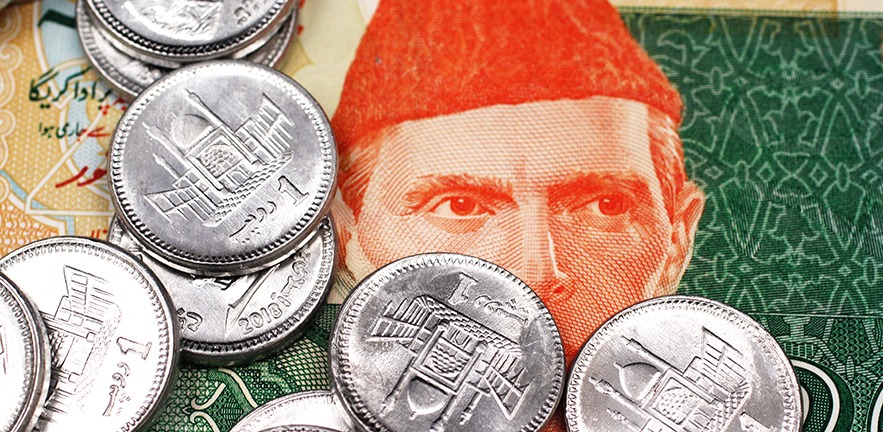Despite its name, ‘inclusive finance’ institutionalises uneven access to finance for poor citizens in Pakistan and elsewhere in the Global South, says a new study by Dr Juvaria Jafri, Research Associate at the Centre for Strategic Philanthropy at Cambridge Judge Business School.

A new study from Cambridge Judge Business School outlines how “inclusive finance” in Pakistan has developed into a form of shadow banking resulting in inequity for hundreds of millions of citizens. “Inclusive finance, as a formal aspect of the banking system, institutionalises uneven access to finance,” says the study, which finds this “financial citizenship” issue extends beyond Pakistan to other areas of the Global South.
The study by Juvaria Jafri, Research Associate at the Centre for Strategic Philanthropy at Cambridge Judge, focuses on two deposit-taking microfinance banks in Pakistan to show how financial systems in the Global South have tended to create an “outside” and an “inside”, thus causing inequities in three areas: rates and pricing, including the cost of money transfers; eligibility requirements for services; and surveillance and privacy.
“The onus of overcoming the problem of financial exclusion, which affects 100 million individuals or about half the country’s population, has been placed by the Pakistani government on deposit-taking microfinance banks and not on mainstream commercial banks,” the study says, even though the commercial banks are far larger – with deposits in 2018 of PKR 14,631 billion compared to deposits of PKR 266 billion in microfinance banks.
The two types of institutions are “superficially similar but in actuality very different”, the study says, creating “an arrangement in which the poor, relative to their non-poor counterparts, cannot gain full financial access, despite being included in the formal financial system”.
Says Juvaria: “The study applies a financial citizenship lens to the Pakistani banking sector to analyse the relationship between ‘inclusive finance’ and uneven financial access, showing how inclusive finance in Pakistan and elsewhere in the Global South, despite its name, is really a form of shadow banking that results in uneven access to finance because it contains separate parts for different clients.”
The study focuses largely on two microfinance institutions – First Microfinance Bank (FMFB) and Telenor Microfinance Bank (TMB) – based on their annual reports, government and other documents, and fieldwork in Pakistan including interviews with people working in inclusive finance, Pakistan’s central bank, commercial banking, development agencies and social enterprises. FMFB was launched through a faith-based philanthropic organisation, and is now a subsidiary of the Aga Khan Development Network, while TMB was founded by a group of bankers, former colleagues at Citigroup, as a privately-owned business.
The article published in the journal Eurasian Geography & Economics is entitled “Financial citizenship and shadow banking in Pakistan: a study of two deposit-taking microfinance banks”.
The issue of “financial citizenship” emerged in the 1990s through a growing sense that financial systems have inbuilt tendencies to be exclusionary, as reflected in a growing number of bank closures in countries like the US and the UK, which limited financial access for many communities and resulted in better rates and treatment for wealthier customers likely to buy more financial products.
“Less wealthy clients inevitably pay more for the same products and services than their more affluent counterparts,” the study says. “In the Global South, when inclusive finance is presented as a remedy to financial exclusion or to the circumstance of being ‘unbanked’ or ‘underserved’, issues of financial citizenship arise because the exclusionary practices that obstruct financial citizenship are embedded in the financial landscapes of poor countries.”


